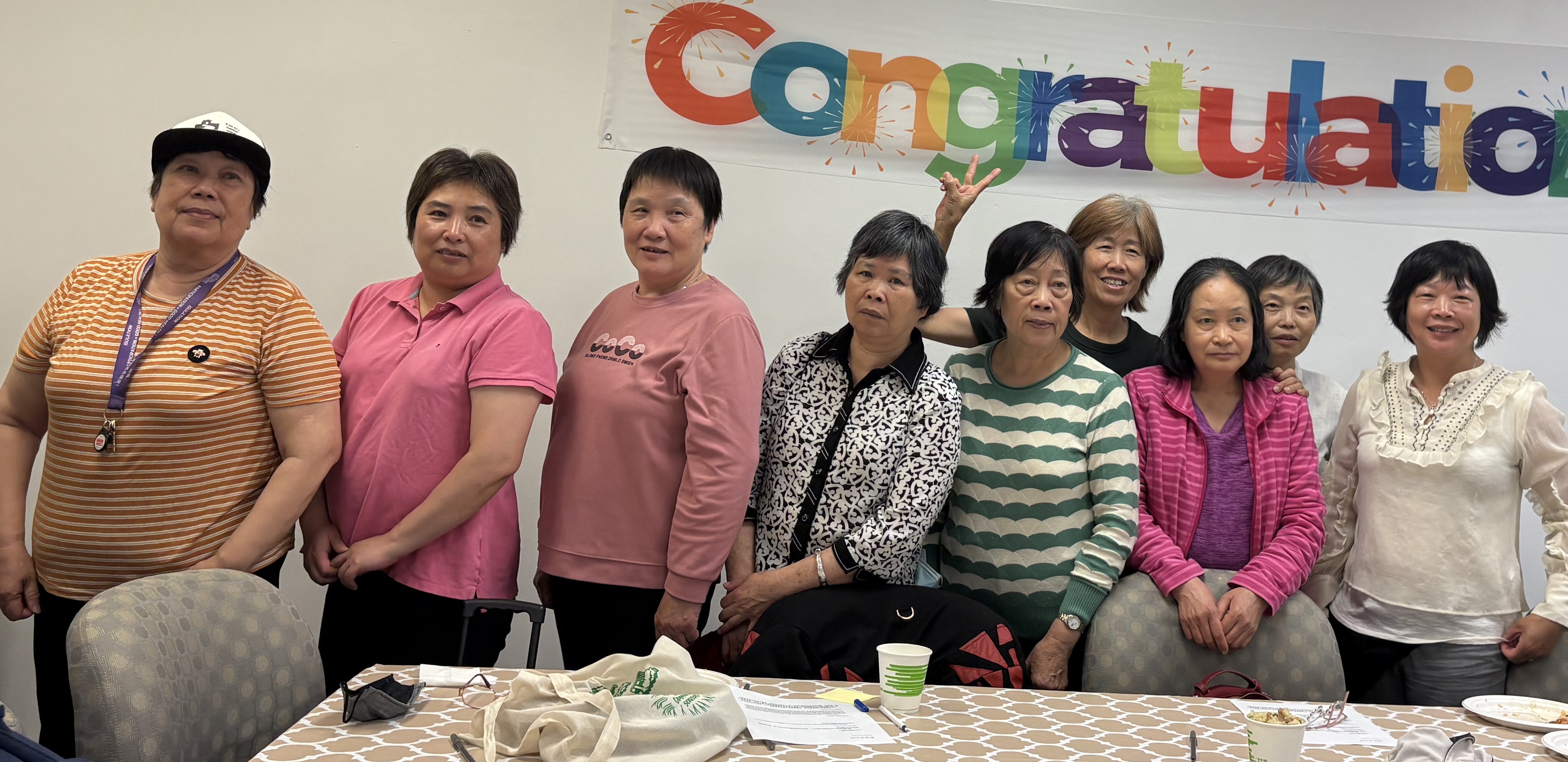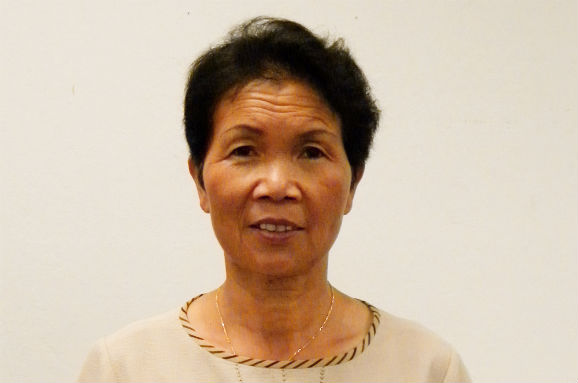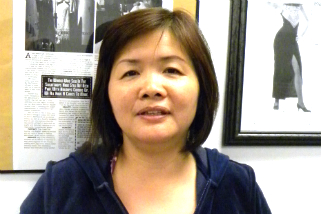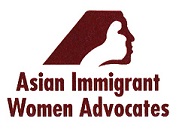Immigrant women and youth leaders are at the core of our mission to train and empower other first-generation women and youths.
Learn about AIWA’s committees and women leaders!

Membership Board

Homecare Workers Committee
This committee seeks to improve working conditions for homecare workers, an industry that employs thousands of immigrant women in California. The committee is advocating for fair treatment of IHSS caregivers, demanding access to holiday pay and retirement benefits to ensure their well-being. Women lead outreach, surveys, and advocacy efforts.

Events Committee

Bing Liu

Chi Mei Yeung

Hai Yan Wu
A former garment worker and electronics assembler, Hai Yan is one of AIWA’s most experienced and dynamic speakers. She regularly gives presentations at university campuses and other organizations about AIWA’s campaigns, worker health and safety and her own leadership transformation through participation in AIWA activities.

York Ping Toy

Hui Zhen Yu

Jing Ai Wu
Jing Ai joined the Senior Trainers Committee in 2015. An electronics assembler, she has been organizing AIWA’s leadership programs and events for several years. She has strong coordination skills and was instrumental in the initial formation of the home care workers campaign committee. The AIWA animated video “Meet Su” is loosely based on her experience.

Kwei Fong Lin

